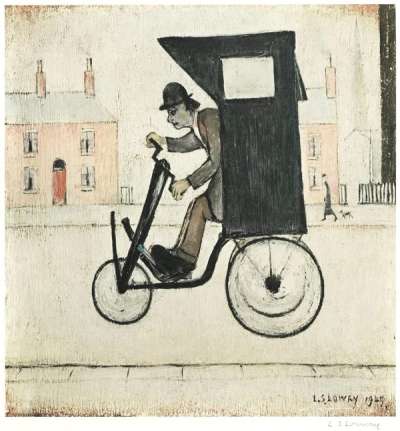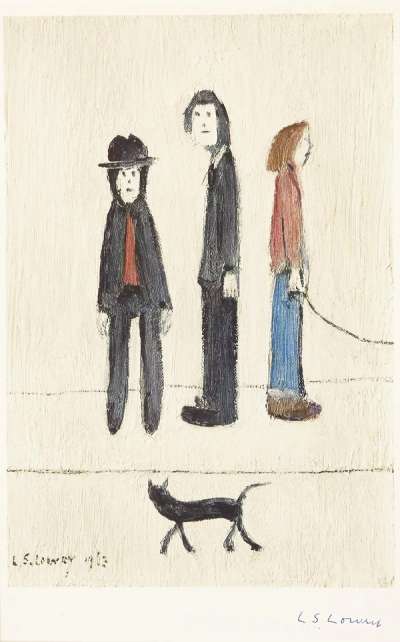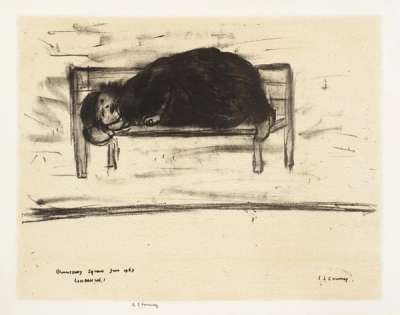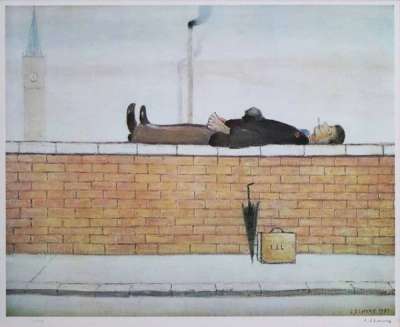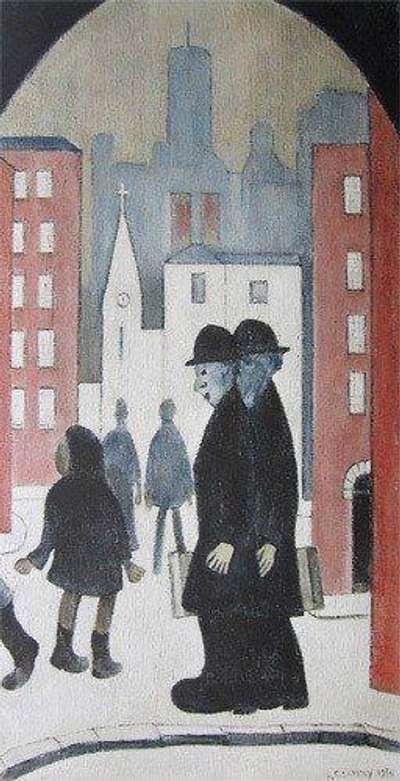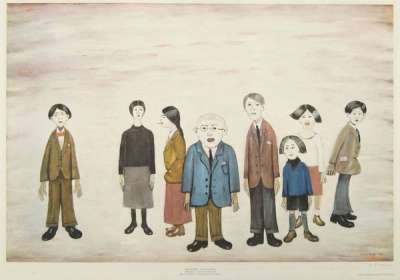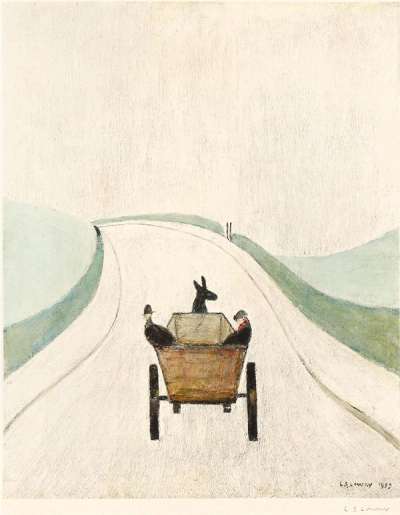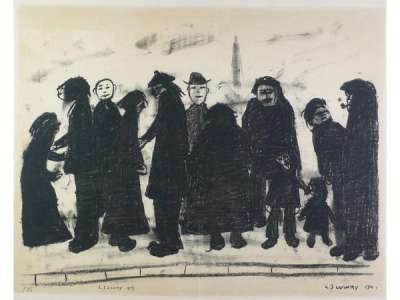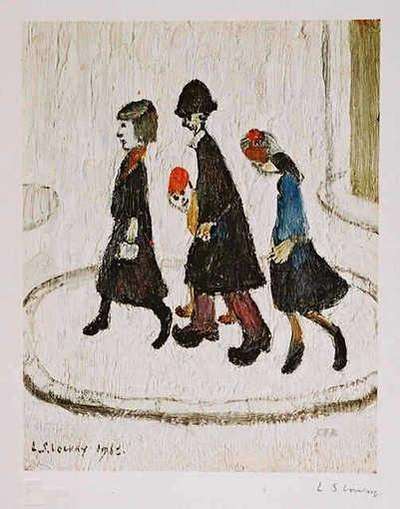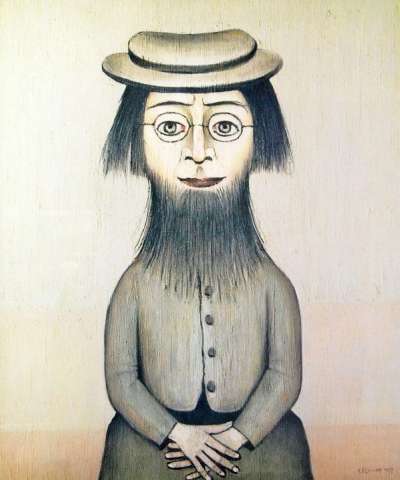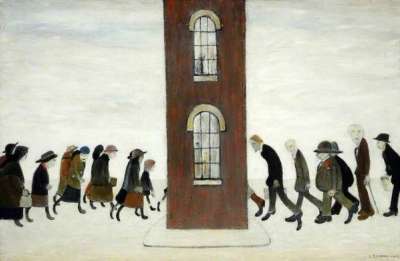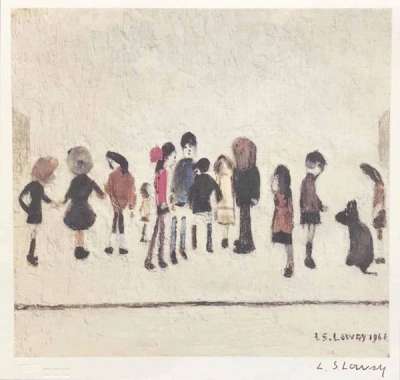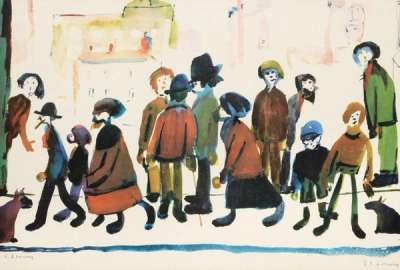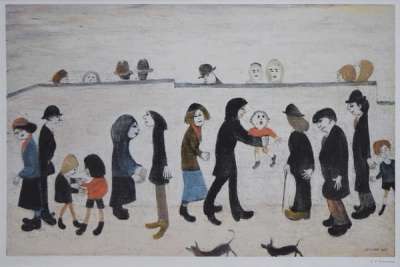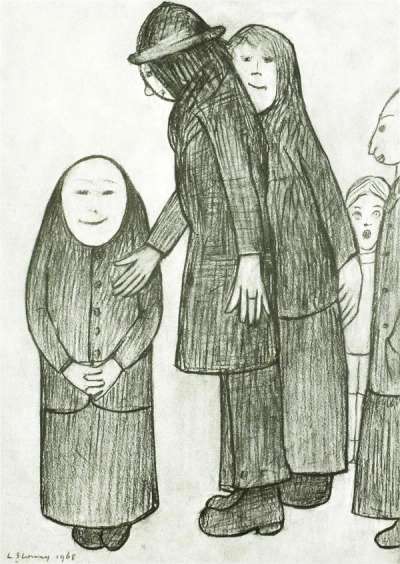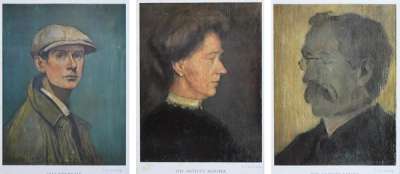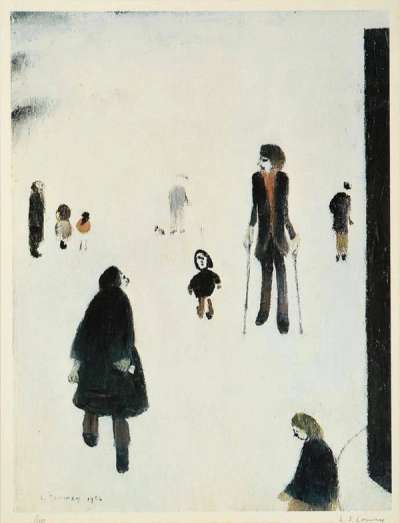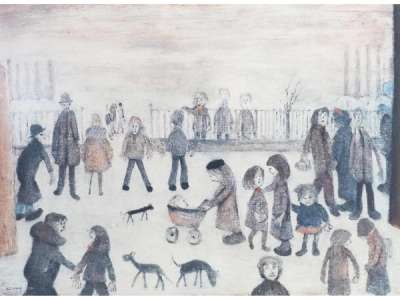
Sunday Afternoon
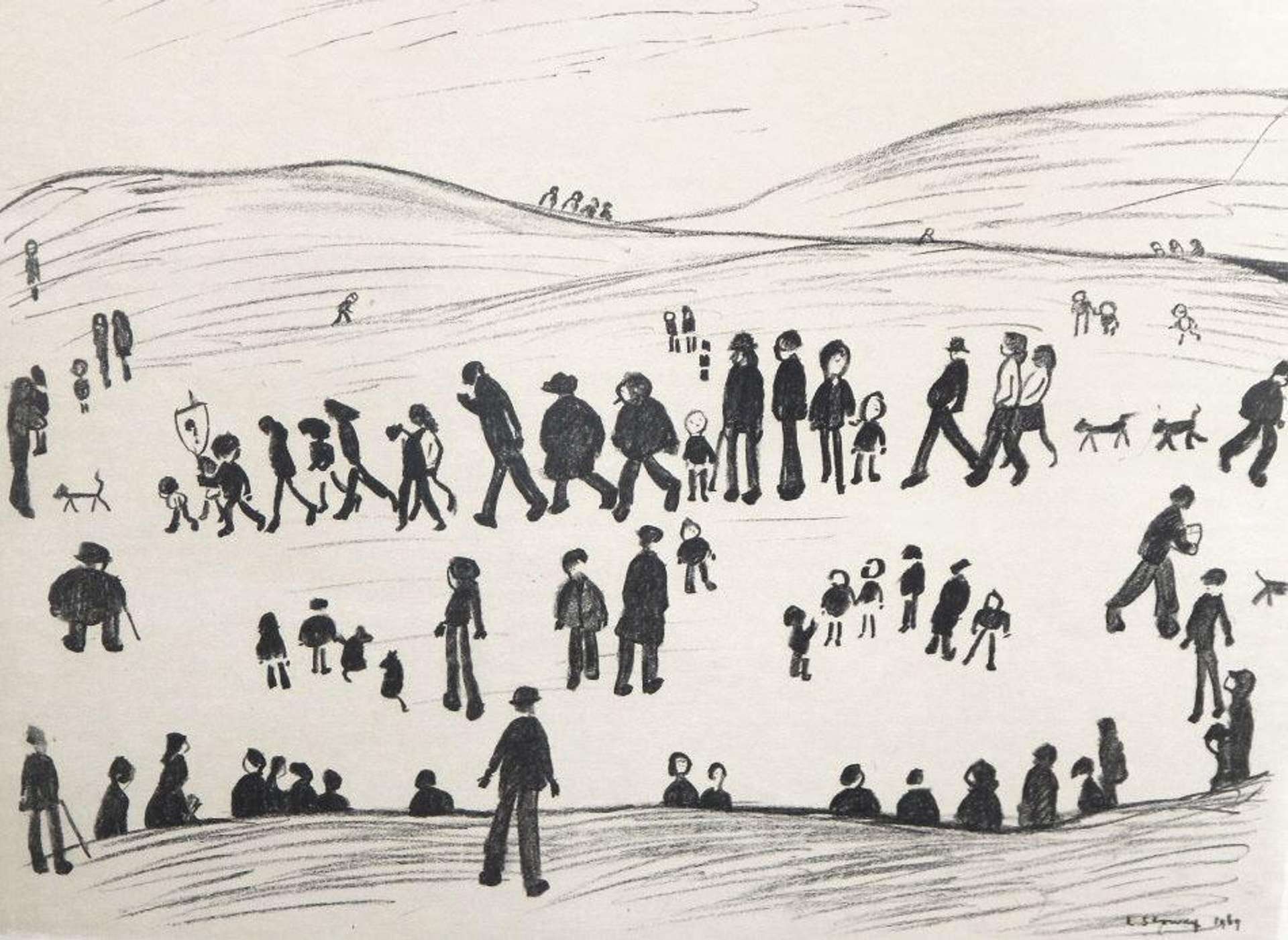
Sunday Afternoon
Signed Print
L S Lowry
£4,200-£6,500
$8,000-$12,500 Value Indicator
$7,000-$11,000 Value Indicator
¥40,000-¥60,000 Value Indicator
€4,900-€7,500 Value Indicator
$40,000-$60,000 Value Indicator
¥800,000-¥1,240,000 Value Indicator
$5,500-$8,000 Value Indicator
AAGR (5 years) This estimate blends recent public auction records with our own private sale data and network demand.
There aren't enough data points on this work for a comprehensive result. Please speak to a specialist by making an enquiry.
Medium: Lithograph
Edition size: 75
Year: 1969
Size: H 51cm x W 64cm
Signed: Yes
Format: Signed Print
TradingFloor
MyPortfolio
Your collection tracked in real time.
Build your portfolio, manage valuations, view return against your collection and watch works you're looking for.
Track auction value trend
Auction Results
| Auction Date | Auction House | Artwork | Hammer Price | Return to Seller | Buyer Paid |
|---|---|---|---|---|---|
| November 2022 | Adam's - Ireland | Sunday Afternoon - Signed Print | |||
| January 2022 | Phillips London - United Kingdom | Sunday Afternoon - Signed Print | |||
| July 2021 | Rosebery's Fine Art Auctioneers - United Kingdom | Sunday Afternoon - Signed Print | |||
| October 2020 | Adam Partridge Auctioneers & Valuers - United Kingdom | Sunday Afternoon - Signed Print | |||
| February 2017 | Golding, Young & Mawer, The Lincoln Auction Rooms - United Kingdom | Sunday Afternoon - Signed Print |
Meaning & Analysis
Typical of the artist’s drawings of working people in their leisure time, Sunday Afternoon is a print from 1969 by L. S. Lowry. The print shows rows of highly stylised figures taking a walk in the park on their day off, depicted in black almost like silhouettes against the page. Rolling hills form the basis of the composition that seems to be a composite image, created from Lowry’s imagination.
Lowry was primarily interested in depicting places where people came together, in this example he shows a scene of the park, with people from all walks of life going about their day. Sunday Afternoon is an example of the way in which Lowry did not always depict any particular place and was more focused on creating a general impression. Of this the artist said, “Most of my land and townscape is composite. Made up; part real and part imaginary…bits and pieces of my home locality. I don’t even know I’m putting them in. They just crop up on their own, like things do in dreams.”
Often labelled as a naïve ‘Sunday painter’ due to his simplified style where his figures appear like ‘matchstick-men’, Lowry’s prints show that far from this, he was an artist who created his own distinct way of drawing. Lowry portrayed the British working classes and industrial life in a unique way that still rings true today.
